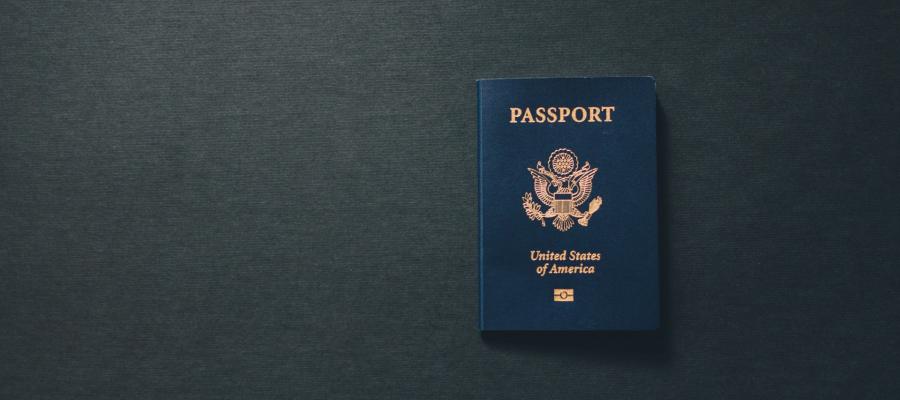Citizenship and Justice
Sep 13, 2020Securing citizenship to a developed country could guarantee people enormous privileges and opportunities.

Who gets to be a citizen? Should your political rights really depend on where you were born? Would it be better to live in a world without borders? This week, we’re talking about citizenship, political rights, and justice.
Citizenship in a country comes with certain rights (like the right to vote, run for office, or be tried by a jury of your peers) as well as certain responsibilities (like the obligation to vote, to serve on a jury, or not to take the side of another government in a war). But what justifies us in handing out those rights to some people and not others? Many people live in countries where they are not citizens. They already obey the laws, pay taxes, and participate in the civic life of their local communities… so why don’t they get to vote or run for office?
The problem is especially serious when a country has a pattern of severely mistreating non-citizens. In the US in 2018, the Department of Homeland Security adopted an official policy of separating immigrant children from their parents, which traumatizes parents and children. But American policies of treating immigrants like criminals date back to well before the Trump administration. (Two laws passed under Bill Clinton in 1996, the Antiterrorism and Effective Death Penalty Act and the Illegal Immigration Reform and Immigrant Responsibility Act, greatly expanded the power of the federal government to put immigrants in jail.) The US also kills non-citizens in overseas drone strikes; as I write these words, the Bureau of Investigative Journalism estimates that the US has killed between 910 and 2,200 civilians this way, including between 283 and 454 children.
Of course, there’s a big difference between not being eligible to run for political office, and being killed or marched off to an inhumane prison facility. Even if someone is not a citizen of a country, that country should respect their human rights. But perhaps certain rights, especially those involving political representation, should be reserved for citizens. In fact, isn’t that what it means to be a citizen—participating in the democracy you’re a citizen of?
But I don’t think respecting the human rights of non-citizens addresses all the relevant issues. There’s still the question of who gets to be a citizen and particpate in a democracy. For those who aren’t born US citizens, the path to acquiring citizenship is difficult: they need a three- to five-year history of lawful permanent residence. Even in the best-case scenario, achieving permanent residence is a lengthy process that involves a 20-page form, fingerprinting, and an interview with homeland security, takes the government from 7 to 33 months to process, and has a non-trivial chance of resulting in failure (15% for family-sponsored applications, 18% for employer-sponsored applications, and 8% for humanitarian applications). It’s also about to become more expensive.
For undocumented immigrants who arrive in the US as children, there’s not even a path to legal permanent residency. DACA, an executive order signed by former president Obama, only stops them from being deported right away. The Trump administration tried unsuccessfully to repeal DACA, but Congress has yet to pass the DREAM Act that would create a path to citizenship.
A just system for citizenship would look very different from the one we have today. Governments would respect everyone’s human rights regardless of citizenship, and it would be easier for people who live in a country and participate in its civic life to become citizens. I wonder whether a truly just system would look anything like the current system of territorial states. Would it instead involve a global government, something like the EU, or the separate states of the US, but on a more massive scale? Or would it involve a looser federation of local governments?
Although I can identify some specific injustices in our world, I’d like to think more about what grounds my sense of justice, and what a better world would look like. Tune in this week, when Josh and I will think more about citizenship and justice with our guest with Arash Abizadeh, professor of philosophy at McGill University, and author of Hobbes and the Two Faces of Ethics.